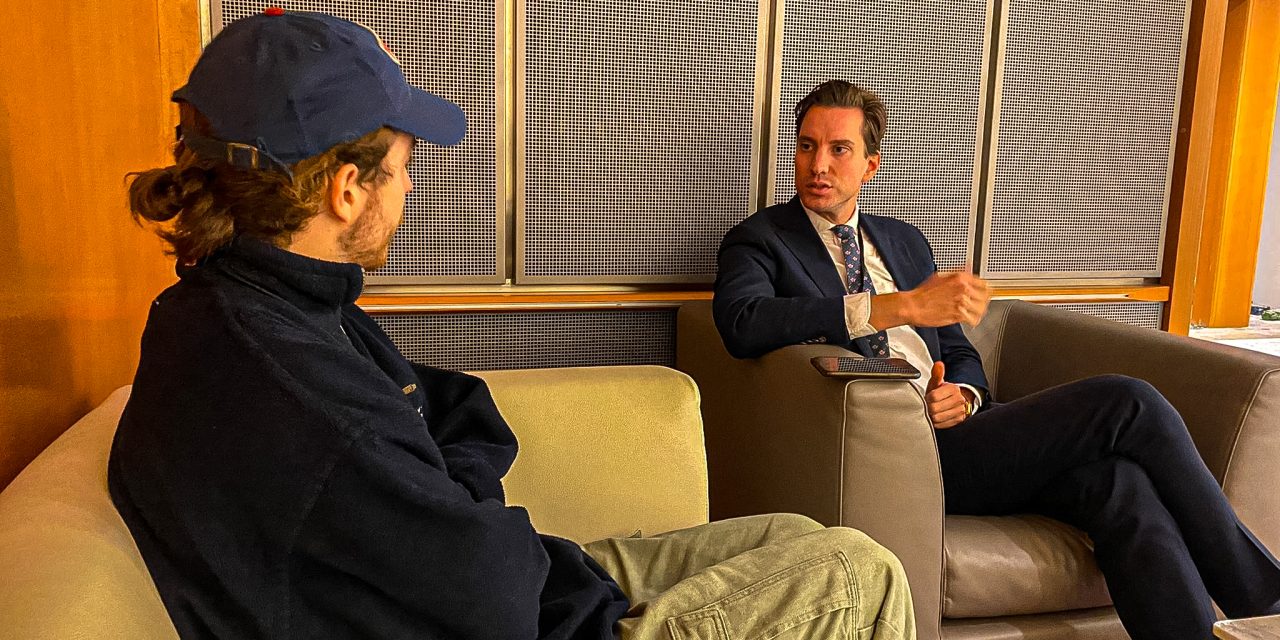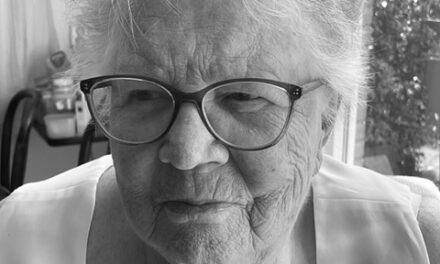The EU describes it’s relationship with China as a strategic rival, or friend, foe and competitor all in one.
As the world shifts its eyes to China as a new superpower, politicians, NGOs, and lobbyists take their stance on how to balance the benefits of Chinese trade whilst holding them accountable for human rights abuse.
China has previously rolled out agricultural tariffs on Australia when they spoke out against them, doing this set an example for how China reacts to countries trying to hold them accountable.
Michiel Hoogeveen, conservative of the JA21 party, Member of the European Parliament says its all about the allure of trade. Trade’s benefits of a growing middle class for the Chinese people will be a catalyst for them to push for a better quality of life he claims.
“If you want to improve human rights within countries, I think its always best to maintain good trade relations,” said Hoogeveen.
“If you look how the Chinese lived under Mao and if you see how they’re living now (…) these people have food in their belly, they have clean water, maybe even a growing middle class, a nice apartment, for these people their lives have vastly improved”.
The EU is a stage seen and valued globally and as the Uyghur people are being allegedly killed and put into working camps in China, people call for naming and shaming and sanctions.
However, Hoogeveen doesn’t see this as effective or viable, “calling countries out on their human rights violations, does not necessarily work in improving human rights situations. In fact, most of the time when we start raising our finger and saying how other countries should or should not behave the opposite is actually achieved”
Hoogeveen left on the sentiment that you can “call it out (Uyghur genocide), but I think that should be done by the United Nations”
Following this Miri Teich, Policy Director for Uyghur Rights Advocacy Project took aim at these ideas.
“I totally disagree, and I disagree with the premise of to pass off action to another body,” said Teich.
“It is so easy to pass accountability to another state but the fact is we are all empowered to do something, (…) so everyone should be taking measures”.
Where trade relations and holding China accountable clash and in practice, these two interviewees is sanctions. Teich says there must be much more sanctions on the Chinese government, entities and individuals. This is something China has reacted to aggressively in the past and would mean the breakdown of Hoogeveen’s coveted trade relations.




